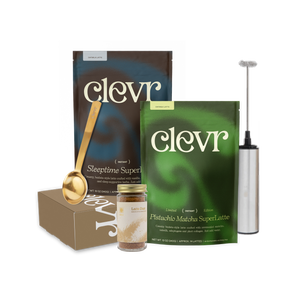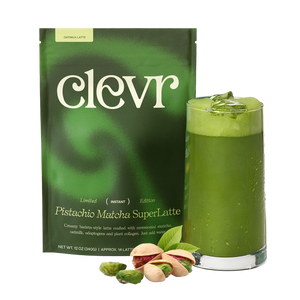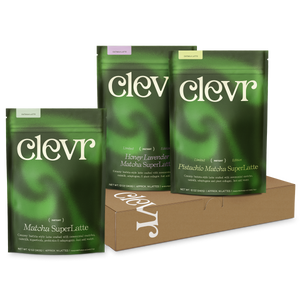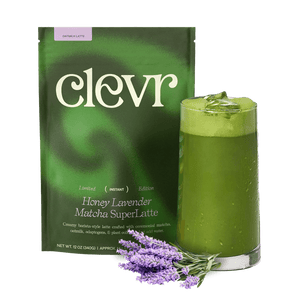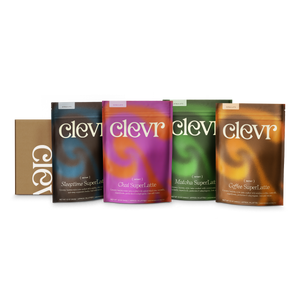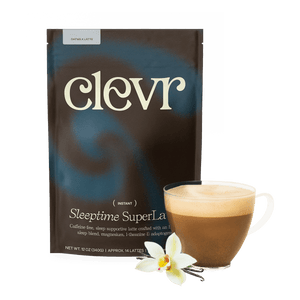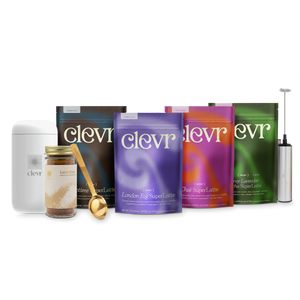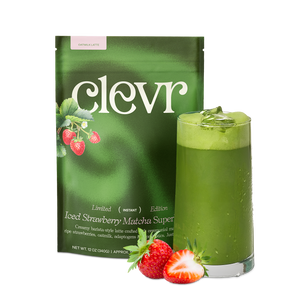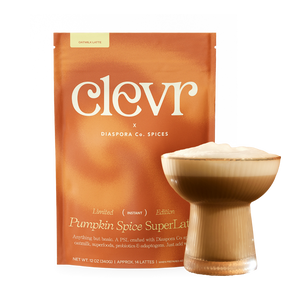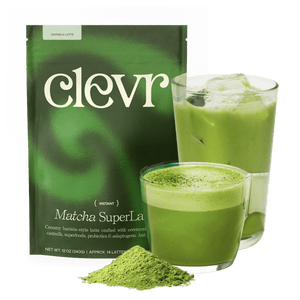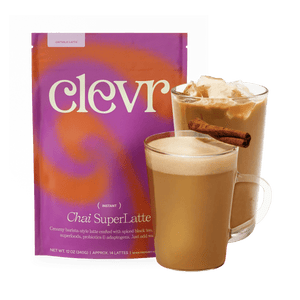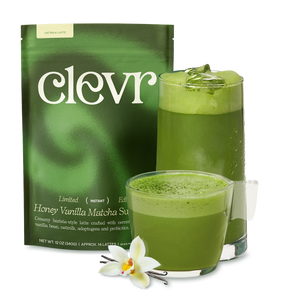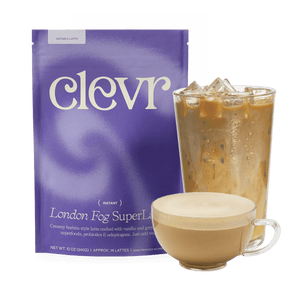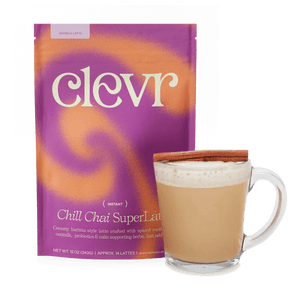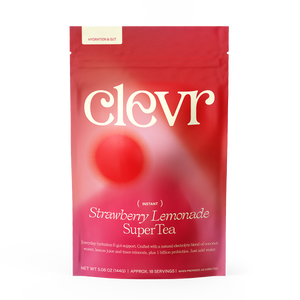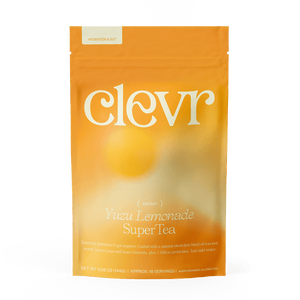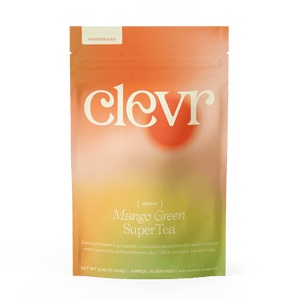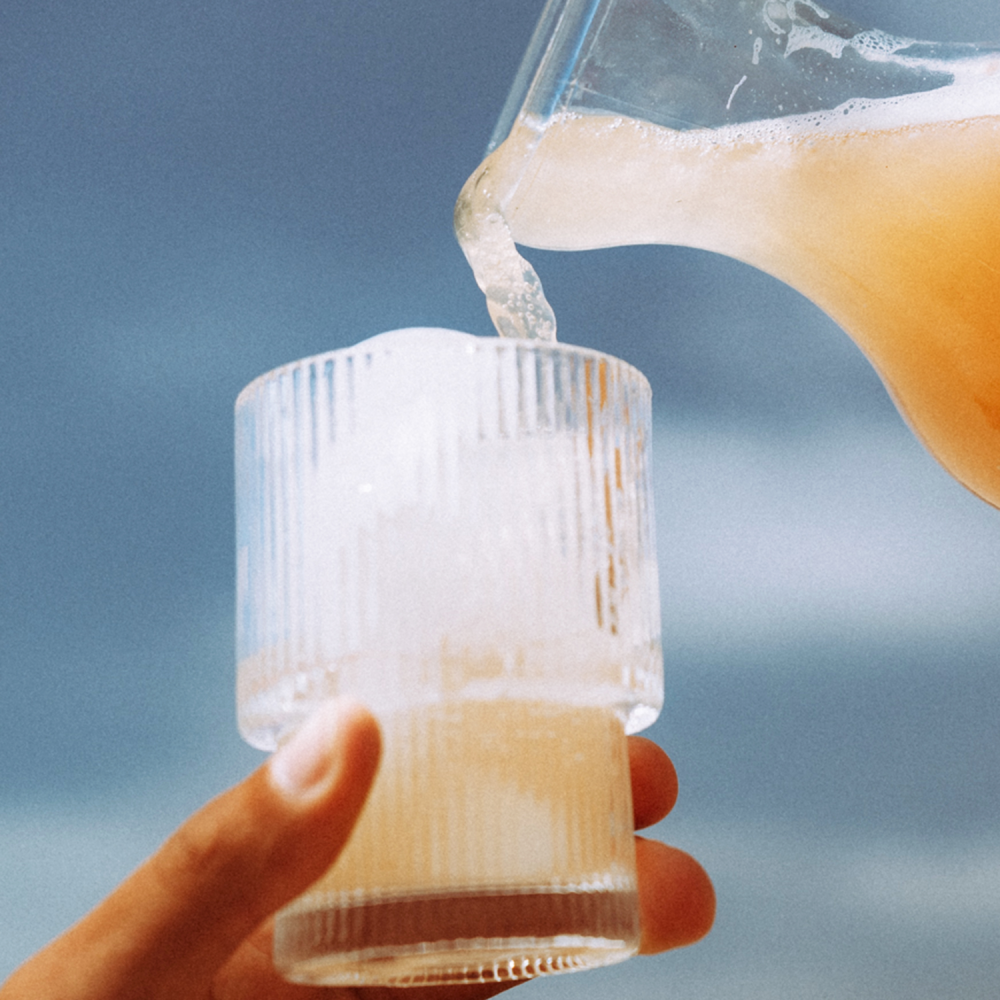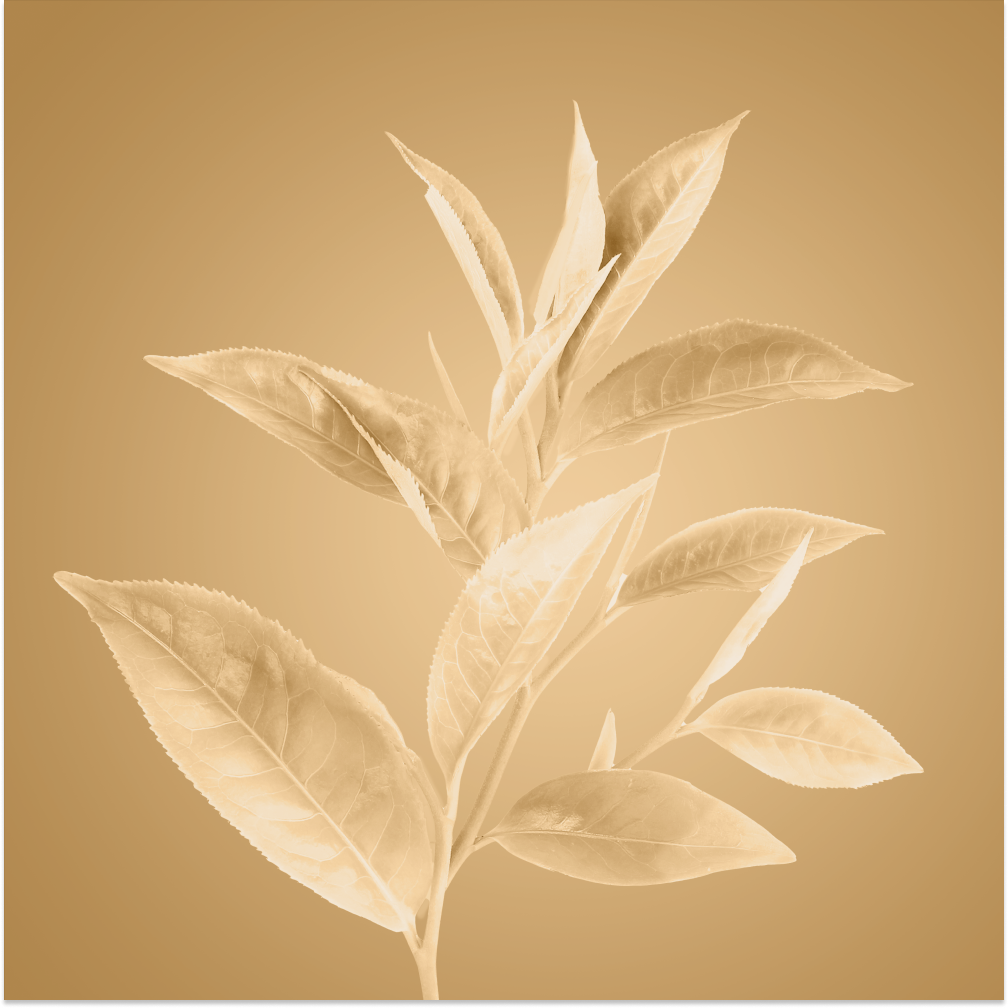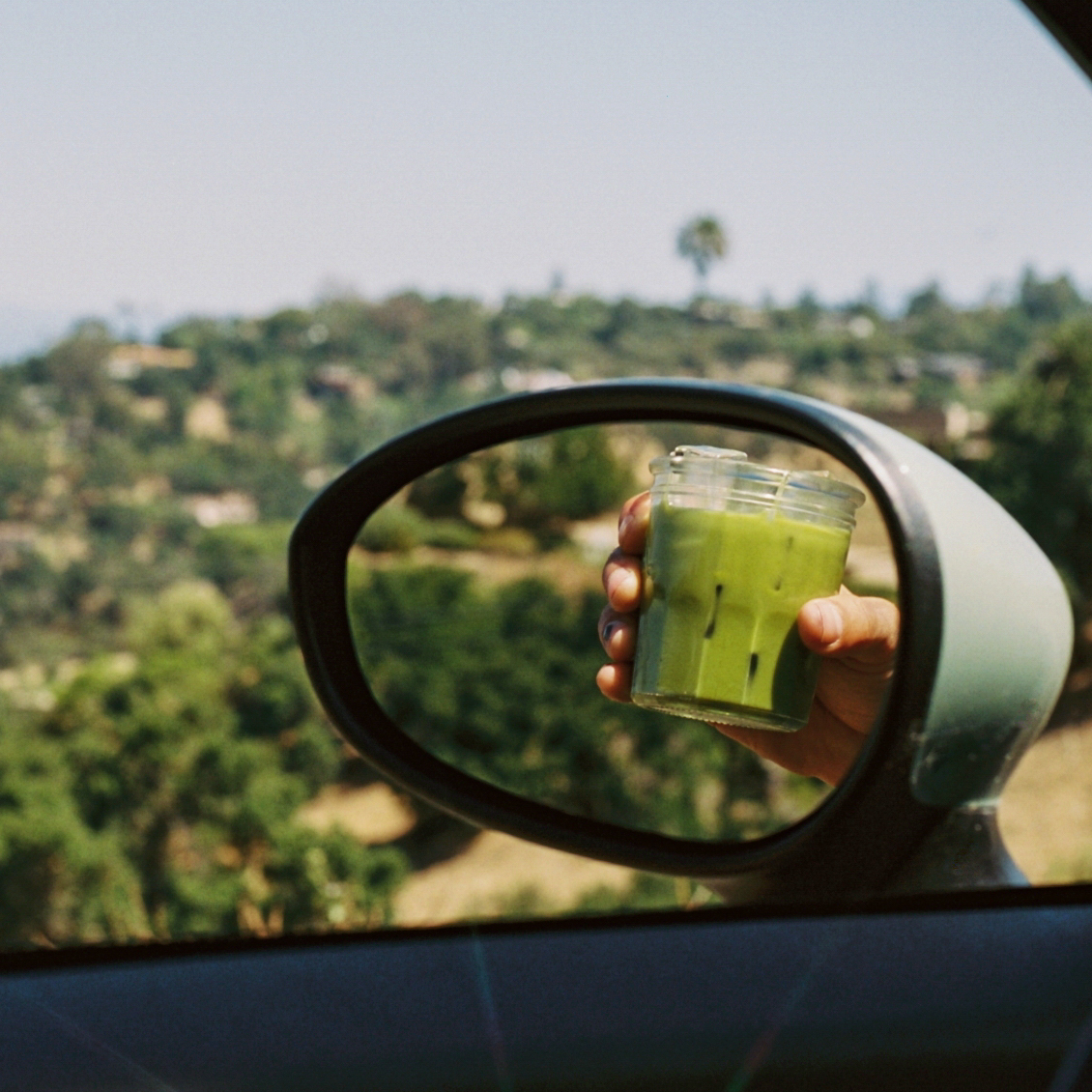
What's Your Caffeine Persona?
Determine which caffeine approach is best for you.
80% of adults in the U.S. consume caffeine daily, according to the CDC.
Caffeine turns some people into a whirlwind of jitters, while others are still falling asleep at their desks after their third cup. Some people swear caffeine will kill you, while others are convinced they can’t function without it.
Did you know…
caffeine might actually be in your genes?!
Okay, so caffeine isn’t literally in your genes, BUT the A2A gene is responsible for the physiological effects of caffeine in your body, including caffeine signaling to the brain. Variations of this gene determine your sensitivity to caffeine, so that you fall somewhere along the spectrum of highly resistant to highly sensitive (Clin Pharmacol Ther, 2007).
Before you go and order a genetic panel to figure out what your caffeine gene looks like, we’ve created a guide for you to determine your caffeine persona. Each of the personas fall under a category of recommended caffeine consumption, ranging from maintaining your current coffee consumption to quitting coffee altogether.
The Social Butterfly
Don’t worry about quitting coffee.
If you find yourself always on-the-go and more extroverted, then there’s a good chance that caffeine might have less of an effect on you - as long as it’s not affecting your sleep. If you can have a cup of coffee in the morning and still fall asleep with ease and wake up feeling well rested, then coffee might be a good morning drink of choice for you.
If coffee is already a part of your morning routine and you’re feeling good when you drink it, keep doing you. There’s a good chance that your variation of the A2A gene has put you further towards high tolerance on the spectrum of caffeine sensitivity. Intermittent coffee breaks are always a good idea to let your body reset, but it’s important to remember that coffee might actually have a positive impact on some people’s bodies and minds.
Challenge Zone: You aren’t feeling any negative effects from coffee; however, you find that you’re drinking more coffee than you need and/or aren’t feeling the positive effects.
Optimal Zone: You are mindfully checking in with your coffee consumption weekly or monthly, and taking breaks every so often to let your body reset and not build up a tolerance. If you’re drinking black coffee, tryout our Coffee SuperLatte or Mocha SuperLatte to see if you feel even better. Both of these are packed with stabilizing and brain-supportive adaptogens that will help to sharpen focus and ease stress.
The Homebody
Try a (lightly caffeinated) coffee replacement.
If you thrive on slow, cozy mornings and feel most comfortable when grounded and calm, then coffee might not be the best approach for your morning routine… In addition, if you’ve built up a tolerance to coffee and aren’t feeling the effects, or can’t stop yourself from having 3 (or 4 or 5…) cups a day, it might be time to take a break and reset.
Challenge Zone: Your morning rituals are important to you, and coffee is a part of that; however, you notice that it makes you anxious or ungrounded, making it hard to focus or feel present. You’ve maybe also been having trouble falling asleep or staying asleep during the night, or are waking up still feeling tired after a full night’s sleep (a sign that your adrenals may be overtaxed and exacerbated with caffeine).
Optimal Zone: You refine your morning rituals to include ones that make you feel good, by considering swapping coffee for a moderately caffeinated replacement. Some of our favorite coffee alternatives are Matcha and Chai, which both provide an energy boost, but in a more grounded and gentle way.
The Buzzy Bee
Consider quitting caffeine altogether.
If your mind is constantly racing, buzzing with energy and ideas, then caffeine might actually give you too much energy. Especially if you’re feeling jittery or having trouble winding down and quieting your mind at the end of the day, caffeine might not be the most supportive for you. In addition, for those of you who are extra sensitive to substances and social settings, caffeine might be more of a foe than a friend for you.
Challenge Zone: You find that coffee or any caffeinated drinks make you feel like you’re actually moving too fast and jumping from one task to the next without taking time to breathe in between. You already have trouble winding down and slowing your mind at the end of the day, and you tend to feel anxious when you’re sitting still.
Optimal Zone: You decide to quit caffeine, at least for now, and have found a non-caffeinated alternative for your morning drink. As a starting place, our Rose Cocoa SuperLatte is a great swap for your morning cup of joe because it still provides a mood and energy boost, but with only the tiniest amount (8 mg) of naturally occurring theobromine, which has stimulating caffeine-like effects. If you find yourself feeling extra fatigued in the mornings, rather than turning back to caffeine for support, focus on getting higher quality sleep. Try incorporating our Sleeptime SuperLatte into your nighttime routine. It’s a fusion of sleep-supporting botanicals and stress-reducing herbs - pure alchemy to quiet your mind and provide deep relaxation.
Keep in mind...
There are so many constantly shifting factors that determine your sensitivity to caffeine, so don’t limit yourself to one persona– you might bounce between them over time! Most importantly, remember that everyone’s relationship with caffeine is different. New year doesn’t mean new you, so rather than jumping on whatever caffeine trend is currently circulating the web, ask yourself how caffeine best fits into your daily rituals this year.
